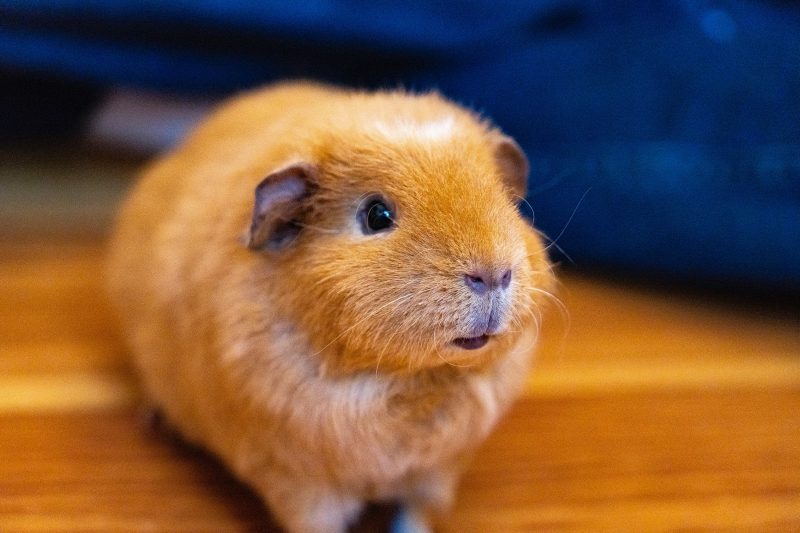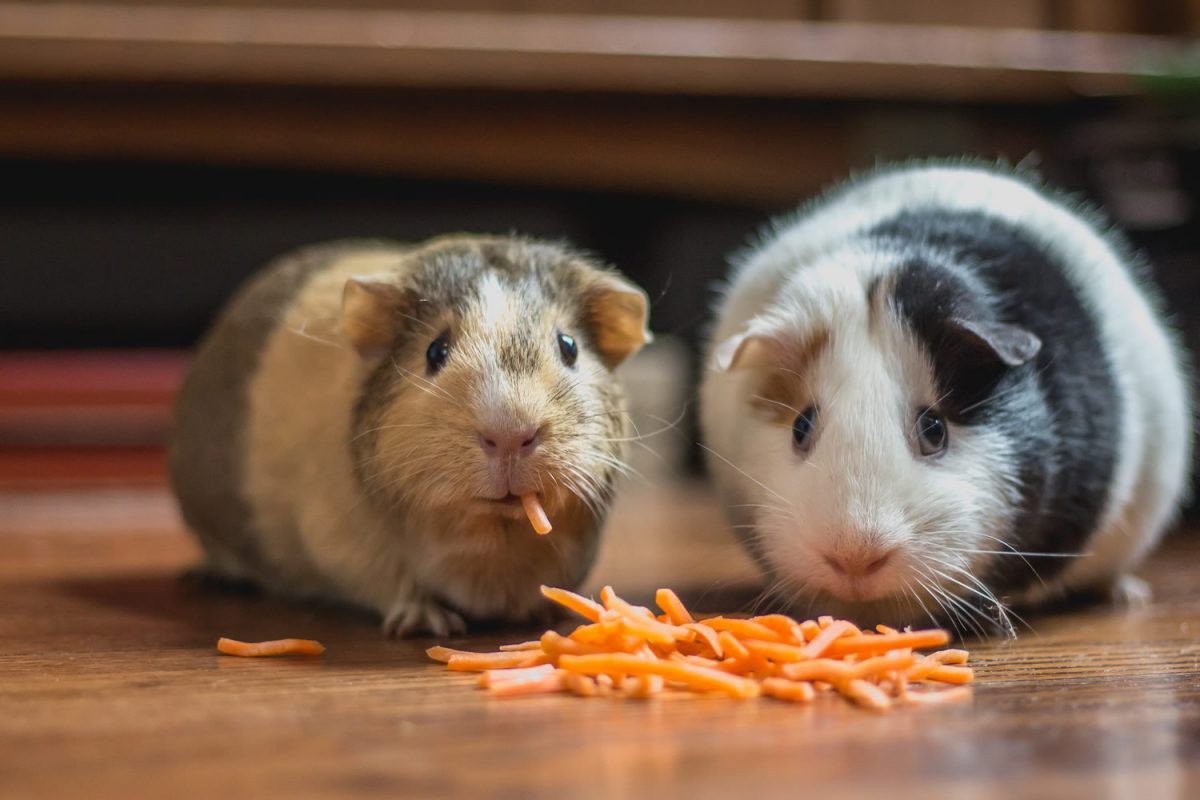25th – 29th September – adopt don’t shop
Guinea pigs are delightful little animals but they are often misunderstood. This week is Guinea Pig Awareness Week and this years focus is on rescue and rehoming. Our colleagues at RSPCA Radcliffe Animal Centre, RSPCA Derby & District and RSPCA Chesterfield often have piggies looking for new homes. By rescuing you are not adding to the over breeding of animals and will get lots of advice on what your new pets need.
Here are some pointers to help keep your guinea pigs happy and healthy. However, there’s lot’s more information at GPAW and at RSPCA England & Wales
Companionship – Piggies need other piggies! These little critters can live up to 8 years and need companionship. However, with this can come accidental pregnancy unless you have had your pets sexed correctly. Male GP’s can be neutered but it’s not common for females to be spayed as the operation is more complicated. If you live in our area, we can help with the cost of neutering males. Guinea’s should be kept in pairs or small groups, they often establish a pecking order. Neutered boars (males) will live with other castrated males or females. Neutering not only stops breeding but also helps with potential fighting.
Diet – Guinea pigs are herbivores and they can’t synthesise vitamin so need is supplemented in their diet. Avoid muesli type food and instead opt for nuggets. These stop selective eating and are also fortified with essential vitamins. Good quality hay should form the bulk of their diet with fresh greens, occasional treats (inc fruits) and of course fresh water.
Behaviour – Anyone who has ever had the pleasure of keeping piggies will be familiar with their varied vocabulary! The excited squeak (when they know food is coming or are happy) is probably the most commonly heard noise. When is comes to housing, bigger is better! Having places to explore, hide and sleep are essential. Natural foragers, hiding their food/treats keeps boredom at bay.
Environment – Guinea Pigs can be housed outside. However, they must be kept warm in the winter and cool in the summer. Be prepared to bring them indoors should there be extremes in heat/cold. As already mentioned, GP’s need space. Their living area should be no less than 1.5 x 1 metre and the same for their exercise area. No slip floors prevent accidents/injury. The opportunity to explore, run, and hide should be available. Guineas will chew so make sure their housing is secure…you don’t want escapee pigs!
Health – Like all animals, guinea pigs need can become unwell and as their owner you are responsible for getting them help. Guineas are considered ‘exotic pets’ so do some research before adopting into which vets have an interest or specialise in small pets. Common problems are vitamin C deficiency, flies, mites, pododermatitis (bumblefoot). They can also have problems with their teeth. Normally your piggies should be alert, bright eyes and talkative, any change in this should be monitored and veterinary advice sought ASAP.


